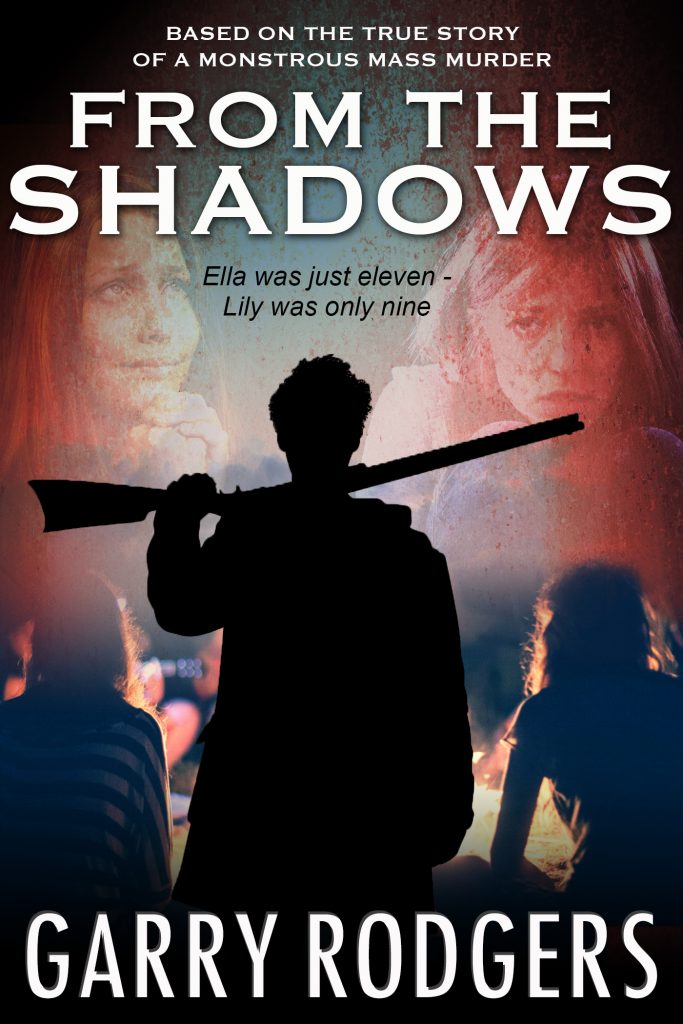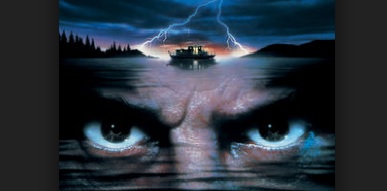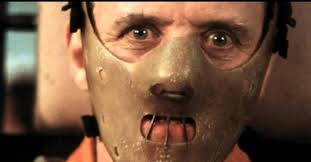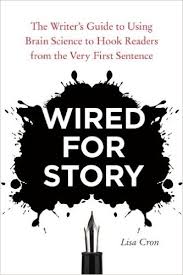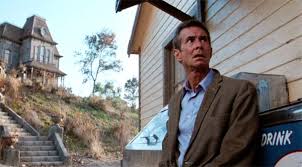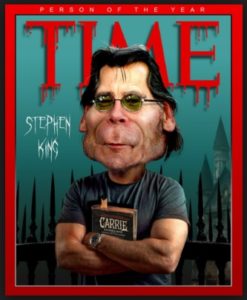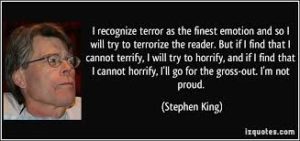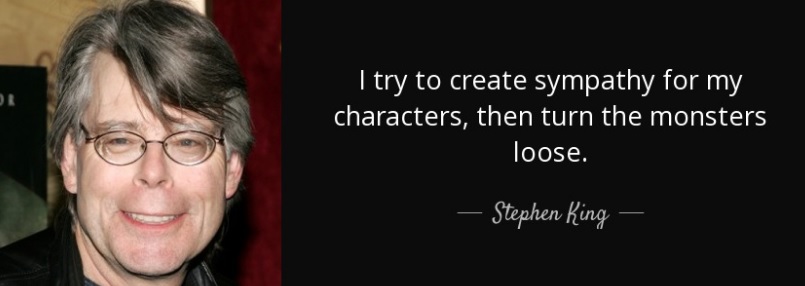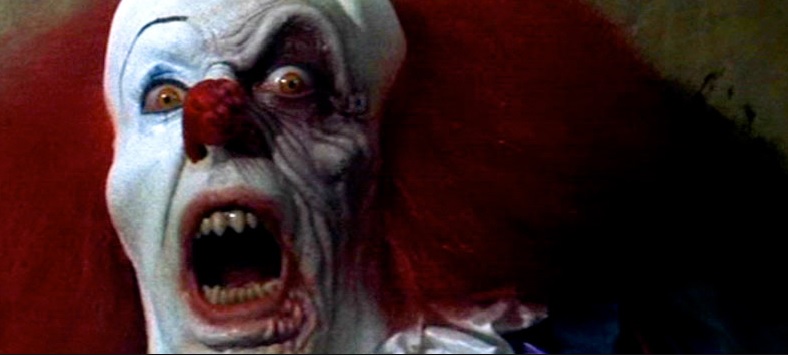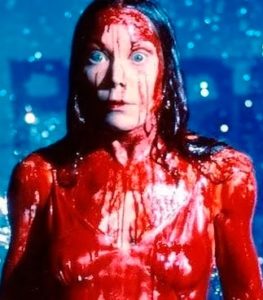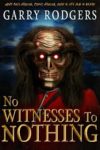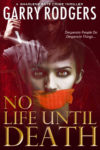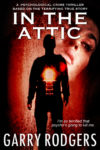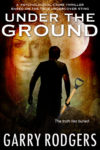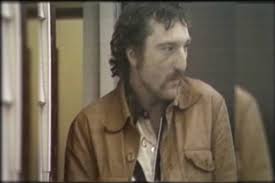What if six members—three generations—of your family were slain in a monstrous mass murder?
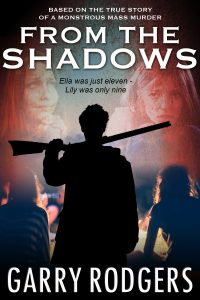 From The Shadows is based on the horrific true crime story of grandparents, Ed and Patricia Bartley, parents Gunner and Trisha Jephsen, and their two prepubescent girls who disappeared on a Vancouver Island camping trip. Ella was just eleven. Lily was only nine.
From The Shadows is based on the horrific true crime story of grandparents, Ed and Patricia Bartley, parents Gunner and Trisha Jephsen, and their two prepubescent girls who disappeared on a Vancouver Island camping trip. Ella was just eleven. Lily was only nine.
This terrible tragedy shocked North America and riveted the Canadian public as Serious Crimes investigators scoured British Columbia’s west coast for any sign of the Jephsen and Bartley families. Where they were, what happened, and who did it captivated all.
Police used massive resources and every available investigation aid to locate the bodies and track down suspects. That involved major media cooperation, highly-creative techniques, and the questionable help of an unsavory for-hire agent.
Then, a break came. In a “never saw it coming” conclusion, detectives learned why the Jephsens and Bartleys were savagely slaughtered then carefully concealed after being stealthily stalked and wantonly watched by eyes that looked on from the shadows.
What advance readers say about From The Shadows:
 ~ From The Shadows is Garry Rodgers’ best book yet. Garry keeps getting better all the time.
~ From The Shadows is Garry Rodgers’ best book yet. Garry keeps getting better all the time.
~ I thought From The Shadows was an awesome, super read and very hard to put down.
~ Really nice job of putting the reader on a skewer and roasting them slowly.
~ Horrifying crime story with a wicked twist! Cannot make this stuff up.
~ Excellent, excellent book! I love reading all Garry Rodgers’ work.
~ Absolutely loved it! Would make a great TV series.
~ Wow, what a read! What a ride! Wow!
* * *
From The Shadows is the newest based-on-true-crime story in the In The Attic and Under The Ground series. It involves real people, real dialogue and real police procedures happening in a fast-moving and high-profile, real-life murder investigation. Here’s a sample of From The Shadows …
Chapter 1 — Tuesday, August 23rd – 8:10 am
“What the fuck happened to them?” Harry wondered out loud. She gripped her Starbucks and frowned at her newspaper.
“Happened to who?” I didn’t look up—busy with a cold case email. I was in the cubicle beside Harry, my homicide investigation partner at the Serious Crimes Section.
“This missing family of six.” Harry pointed at the paper. “This shit’s lighting the news. Global TV did a lead story last night. Now it’s headlining this morning’s Vancouver Sun.”
Six missing people? One family? That got my attention. I rolled my seat next to Harry.
Three Generations Vanish On Vancouver Island Camping Trip
Above the fold were their photos. Grandparents Ed and Patricia Bartley. Parents Gunner and Trisha Jephsen. And their two prepubescent girls.
Ella was just eleven.
Lily was only nine.
“I got a bad feeling.” Harry sucked her teeth. Harry always sucked her teeth when feeling bad, and I’d worked with Harry long enough to ignore her teeth sucking but to know Harry’s bad feelings were usually right.
“This is not good.” She gulped her Grande. Harry lowered her specs, squinted at their images, and shook her head. “Not good at all.”
——
I hadn’t followed any news for the last ten days. My wife and I’d been out on our boat in Desolation Sound, seventy nautical miles from our home in Nanaimo where the unspeakable Jephsen-Bartley family mass-murders went down.
Nanaimo is a small, seaside city of a hundred thousand on the east side of Vancouver Island in southern British Columbia, Canada. The community is straight across from the craziness of Vancouver—one of the world’s most expensive, exotic, and erotic cities. Nanaimo is world-class, too—a mecca for international students and tourists. It’s a cruise ship port, a hub of higher learning, and the gateway to unlimited outdoor adventures for campers from across the country, plus around the world.
Nanaimo also has an unusually high murder rate.
——
“What’s this about?” I scanned the article.
“You haven’t been following?” Harry gave me a look like I’d not heard about climate change or what Trump just pulled off. “Fuck, you have been off the grid.”
Harry and I were part of a detective squad based in Nanaimo. We worked in teams of two, responsible for investigating major crimes around central Vancouver Island. The population isn’t big, but the area is huge. It includes vast tracks of unspoiled wilderness making “The Island” a camping paradise.
“Fill me in.” I knew Harry would fill me in—whether I liked it or not—so I gave her the opener. Harry could be annoying at times, but she said the same about me. Still, I loved her as my partner and as a friend despite being a gossipy train wreck in her personal life. We’d been partners three years, and I hoped to keep Harry till I retired. That wasn’t far off.
Retirement was a way off for Harry, though. And her name’s Sheryl, not Harry. Sheryl Henderson. Sheryl’s a large lady with larger hair and an even larger personality. We called her Harry after the Bigfoot in Harry And The Hendersons.
——
Harry squeezed her stainless mug, dented by gravity encounters. “This family is from the mainland interior. There’s Ed Bartley and his wife Patricia.” She pointed at their photos. “They’re seniors in their seventies. Pensioners who live in Summerland. Trisha Jephsen is their daughter. She’s married to Gunner Jephsen, and they have two pre-teen girls.”
Harry touched one girl’s picture. “Ella.” She touched the other. “Lily.” Then she touched their parents. “The Jephsens are also from the Okanagan. Penticton, I think.”
“Travelling as a group?”
“Yeah.” Harry nodded. She stayed on their images. “In two vehicles. Bartley’s have a truck and camper. Jephsen’s have a car and were tenting. The whole works disappeared. Looks like twenty-one days now. Not a word. Dick-all. Nuthin.”
I let it sink in. Six people? Four adults? Two kids? Two vehicles? Three weeks?
Harry went on. “Only thing known is they were on Vancouver Island. That’s for sure. Where exactly? No one knows. I saw the internal bulletin Friday… it’s been in the news all weekend.”
I got ashore late yesterday afternoon—still hadn’t got my land-legs, let alone dug into the news. “When did this start?”
Harry drained her drink. “Gunner Jephsen was supposed to be back at work last Monday, the fifteenth. When he didn’t show up by Wednesday, his boss filed a missing person report. Missing persons, I should say. I guess he’s been at the same sawmill job for over twenty years. Totally reliable.”
“Someone knows where they are.” I quizzed Harry. “Six people and two vehicles don’t just up and disappear for three weeks. Whose case is this? Not ours, I hope.”
By “ours” I meant the Nanaimo police, not specifically our Serious Crimes Section. Detectives don’t have time to get involved in missing person investigations—unless there’s a realistic reason to suspect foul play—and the last thing a detective wants is six murder victims from one family.
“No.” Harry shook her head. She still stared at the photos. “There’s no file opened here. At least not that I know of… then maybe an assistance thing. The missing persons report was filed in Penticton so it’s their baby. But the last sighting… the last contact with them… according to what I’ve seen and heard in the news… is they got off the goddamn ferry here in Nanaimo, then phoned a relative saying they made it to the Island and were looking for a campsite. That was Tuesday, the second. Right after the long weekend. They were going camping on the Island and checking a spot. No one’s heard fuck all from them since.”
“Looking for a campsite on the Island?” I smiled at Harry, raising my brow.
——
Vancouver Island is huge. It’s enormous as islands go—forty-third largest island in the world. It’s bigger than the whole chain of Hawaii. Larger than Timor. Four Rhode Islands in one. It’s superior to Sicily. Longer than Ireland. Wider than Taiwan. And higher than Iceland.
But Vancouver Island’s population is sparse. Less than a million. It’s tiny in human density and small for its size. People are confined to a narrow strip along the southeastern shore. The vast majority of the Island is rugged wilderness—mountains, glaciers, lakes, and rivers—but it’s connected north to south and east to west by a network of highways, secondary roads, and a spider-web of logging trails.
Vancouver Island is an outdoors mecca. It has the mildest weather in Canada. The Goldilocks zone. Not too hot. Not too cold. Just about right. It’s a place where families can ski and surf, golf and fish, hike, climb, and camp from one station.
That camping spot could be a pay-for-stay site with wood and water to a help-yourself slot off a forest service road. It might host hundreds or be secluded away and suit only a truck with its camper and a car with its tent like the Jephsen and Bartley families had.
The Island has thousands of campsites from full-service resorts with fabulous food to isolated pull-offs beside fast-flowing rivers. And the Island has local, municipal, provincial, and federal parks. Some are pure wilderness. Some are too touristy.
Folks like the Jephsens and Bartley’s could have been at many places up or down the Island, across at Tofino, or secluded at smaller ferry-served hops like the Gulf Islands, the Mid Islands, or the Northern Islands near Port McNeil. They might’ve been somewhere within a few hour drive of their departure point in Nanaimo—Pacific Rim National Park, Strathcona Provincial Park, Cape Scott, or Port Renfrew. They could have camped beside Cameron Lake. Retreated to Rathtrevor. Parked outside Port Hardy. Or settled in Saratoga.
Yes, the Jephsens and Bartleys could have been anywhere on Vancouver Island. Lost somewhere within twelve thousand square miles.
But they were here—right in our own backyard—savagely slaughtered then carefully concealed after stealthily stalked and wantonly watched by eyes that looked on from the shadows.
_ _ _

